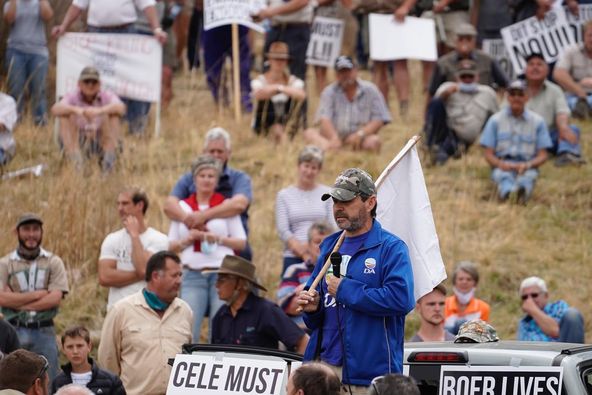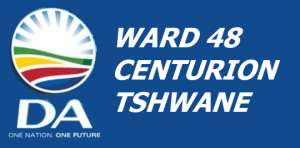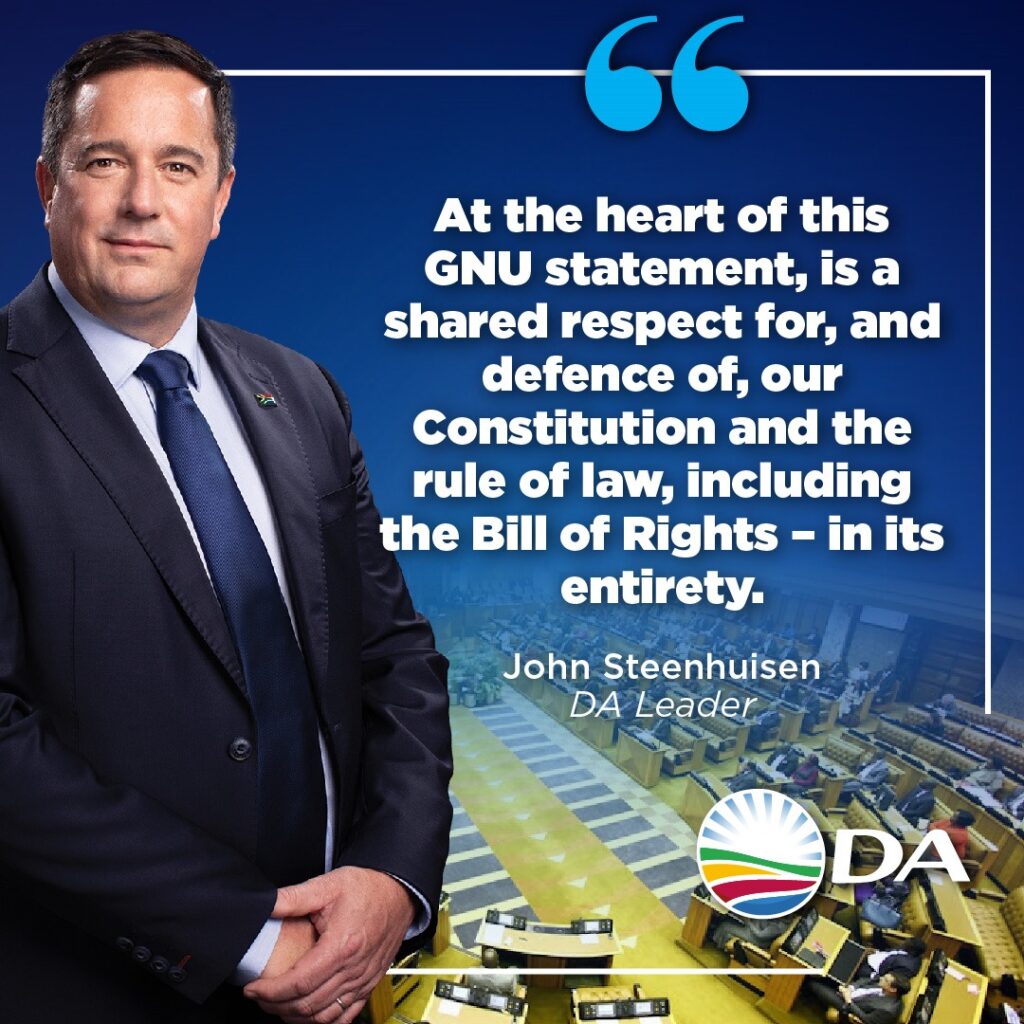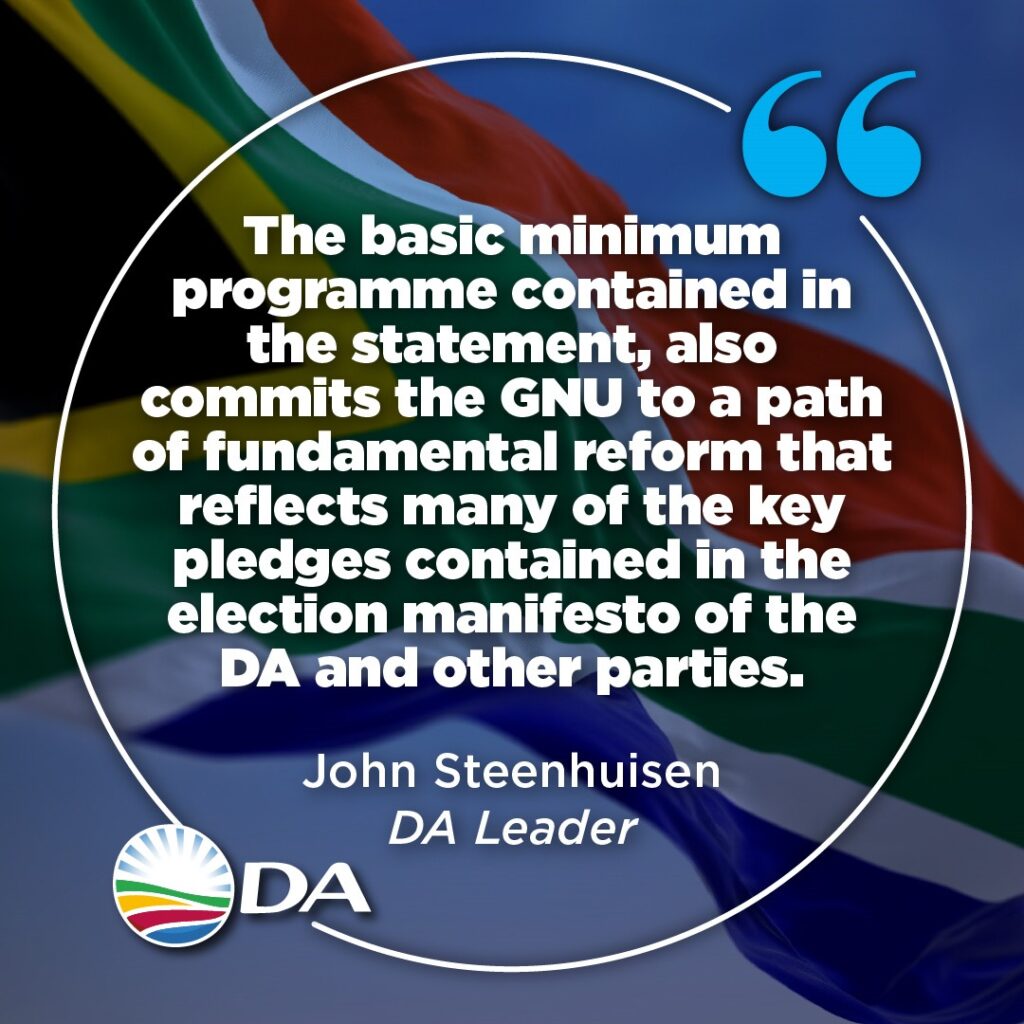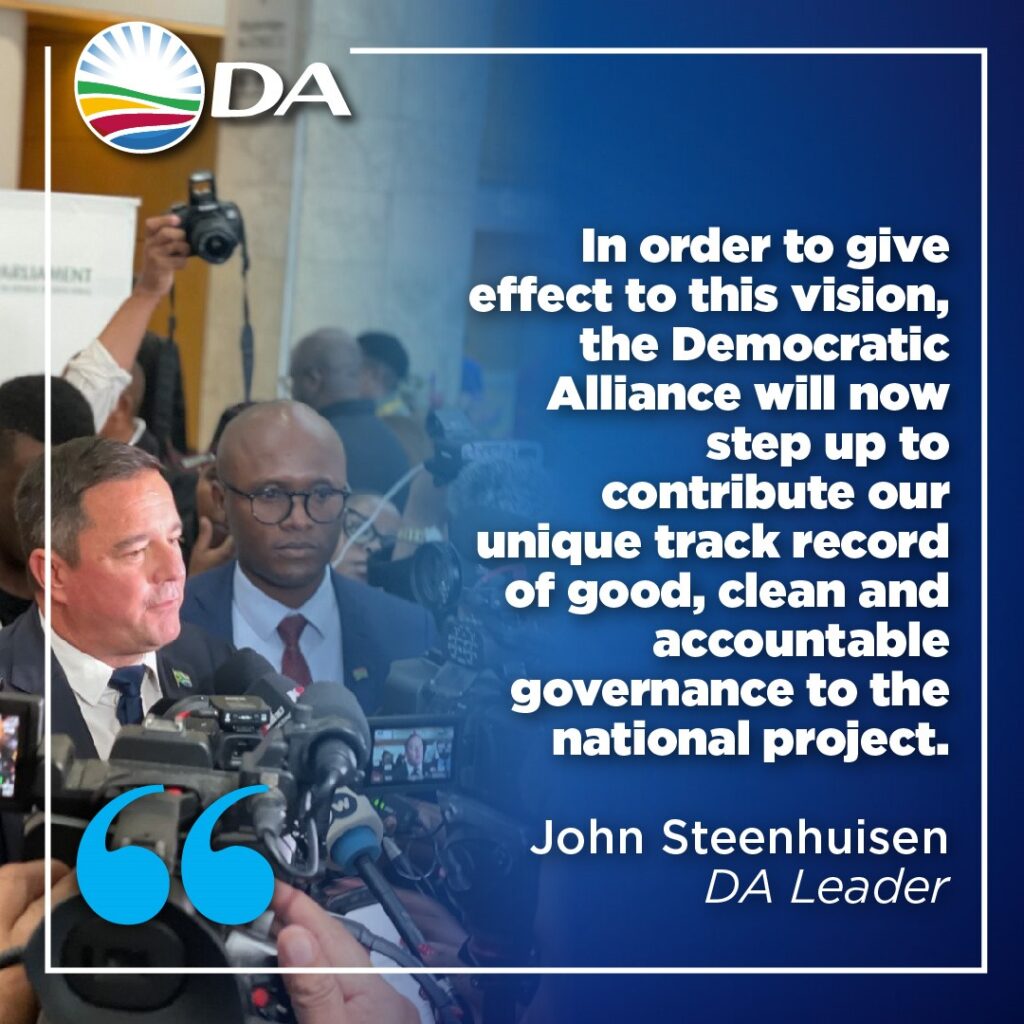[20:37, 2/27/2018] Kingsley Wakelin: South Africa cannot afford a disruptive Land Reform programme
by Thandeka Mbabama MP – DA Shadow Deputy Minister of Rural Development and Land Reform
Date: 27 February 2018
Release: Immediate
Speech by Thandeka Mbabama MP, DA Deputy Shadow Minister for Rural Development and Land Reform, on the Debate on Expropriation of Land without Compensation.
Madame Speaker,
In “Cry the Beloved Country”, Alan Paton reveals the many dimensions of what land means to us as a South Africans. He warns us that the ground is holy and that we must ‘keep it, guard it, care for it – for it keeps men, guards men, cares for men. Destroy it and man is destroyed ’.
That last quote ‘destroy it and man is destroyed’ illustrates the inextricable link between man and the land. A man’s land, no matter the size, is his refuge, where he finds shelter, sustenance and a sense of well-being. Former Deputy Chief Justice, Dikgang Moseneke, said “Land is very spiritual. It is in land that we bury our people, connect and speak to our ancestors. It is land on which churches, temples and mosques are built, and it is from land that we eat and survive”. Seize that land and you take away not only man’s livelihood, you take away his identity too. Black people were brutally dispossessed and forcibly removed from their land. Decades later, the wounds still run deep. There is an indisputable need to right that wrong, to make amends.
My fellow countrymen, sizwe sakuthi, expropriation without compensation cannot be part of the solution. Only a few months ago, Members on the right side of this House fully agreed with this position when they opposed the previous EFF motion to expropriate without compensation.
Expropriation without compensation fundamentally undermines property ownership in South Africa. The property clause in Section 25 of the Constitution states that property is not limited to land. This poses serious risks to investment in agriculture and by extension South Africa if expropriation without compensation is implemented.
Cas Coovadia MD of the Banking Association of South Africa writes that expropriation without compensation erodes property rights and once this happens land can no longer serve as collateral. Most productive agricultural land is bonded to financial institutions under a total debt of approximately R160 billion. What will happen to that debt should the encumbered farms be expropriated without compensation?
Kristen and Sihlalo, two agricultural economists, raise a valid query. They argue that in a typical productive farming operation, considering both movable and immovable assets, the land is roughly 10 percent of the value of the operation. Under expropriation without compensation would the infrastructure and assets such as farm machinery which form 90 percent of the value also be seized?
The problem is not Section 25 of the Constitution. Expropriation without compensation is a way to divert attention away from the failures of the ANC government. As former President Kgalema Motlanthe’s high-level report points out “the need to p…
[20:37, 2/27/2018] Kingsley Wakelin: The following speech was delivered in Parliament today by the DA Shadow Deputy Minister of Rural Development & Land Reform
Ken Robertson MP, during the Debate on Land Expropriation Without Compensation.
Let me be clear from the onset.
The ANC government do not have a land problem, we have a problem with the way the ANC is handling land.
People were dispossessed of their land and their dignity by the discriminatory laws of the past.
A painful past that can never be forgotten. But the ANC’s call for expropriation without compensation is a lazy attempt to divert attention away from the real reasons that lie at the heart of the slow pace of meaningful land reform and restitution.
In March of 2017, the EFF brought a similar motion to the house and the ANC shot it down. The ANC speakers unanimously condemned the suggestion to expropriate without compensation. They used language such as “We totally reject amending section 25 of our constitution” and saying that the ANC does not need the EFFs 6% to amend the constitution and that the ANC reject the EFFs call for land invasion!
They themselves said that we have all the right mechanisms in place to ensure the land reform happens, so what has changed?
South Africa’s constitution recognises the painful historic injustices. The Bill of Rights seeks to ensure that the rights of all citizens are protected. Section 25 protects the right of property ownership but recognises the use of different mechanisms, including expropriation, to ensure the transfer of land occurs but these must be just and equitable and not arbitrary.
As the High-Level Panel report recognises, the government should be focusing on releasing state and SOE owned land and leverage as much of its tangible assets to accommodate the ever-increasing demand for land and financial and economic inclusion.
According to the latest land audit, the state still owns approximately 17 million hectares of property, thus, releasing most of those assets through a fair and efficient process could propel the transfer of land to black ownership, from 8.1 million hectares to more than double that figure in a fraction of the time it would take to expropriate, and without harming the economy.
So, why expropriate without compensation and not release state-owned property? And while doing so continue to uphold section 25 of the Constitution. It is surely the logical place to start.
We don’t need to change the Constitution, we need to implement it and find efficient solutions.
In his budget speech, Minister Gigaba mentioned that 2 851 land claims will be settled in the MTEF, which will cost taxpayers R18 billion and equates to 291 000 ha of property.
But currently, written questions to the Department of Public Works revealed that the Department sits with 1.9 million hectares of surplus land lying idle, consisting of 12000 properties throughout the country.
The problem is that this inefficient State is not doing enough about the transfer of state-owned property.
The Adriaanse family were awarded land after they claimed 96 hectares of state-owned property next to the Cape Town International Airport. In 2016 the state through the department of public works indicated that they lack the resources to finalise the claim. I again remind you of the 1.9 million ha of land lying idly and owned by the public works.
Over 4000 farms ownerships are yet to be transferred to beneficiaries. There is a clear reluctance by the state to hand over state land.
The devastating failure rate of 90% of land reform projects throughout South Africa is another reason why the constitutional changes cannot serve South Africa’s best interests.
In comparison, the DA-run Western Cape far exceeds the rest of the country in terms of land reform successes as we showed a remarkable success rate of 62%.
Proof that implementation, innovation and financial discipline are capable of yielding results we need.
We must accelerate land reform and expedite the handing over of title deeds. We can do this by passing overarching legislation to give effect to Section 25 of the Constitution which explicitly provides for equitable land distribution.
The Constitution is not the impediment to land reform and this motion merely buys the ANC a ‘get out of jail free’ card to explain away their 24 years of failed policies and implementation.
Media Enquiries
Ken Robertson MP
DA Shadow Deputy Minister of Rural Development & Land Reform



